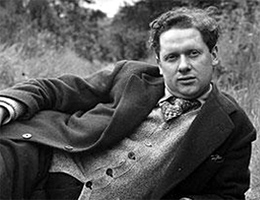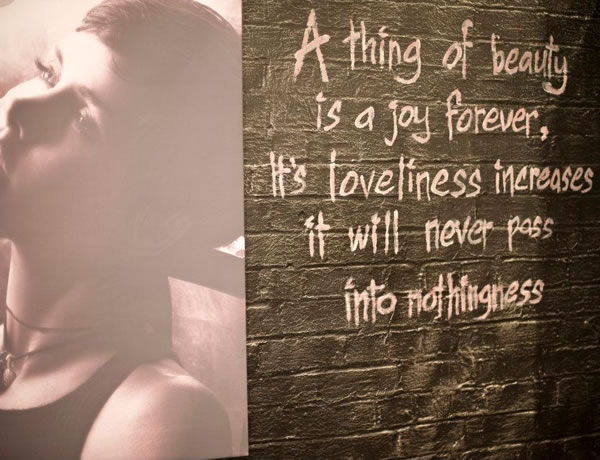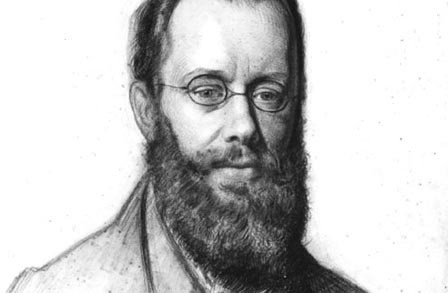
In a poem which has nothing to do with either air or angels, Donne configures the familiar trope of love in ways quite distinct from the prevailing conception. The whole paradox of Petrarchan love was in the idealization of the unattainable beloved figure. Her beauty and fleeting charms and virtues could never really be measured… Continue reading Air and Angel Summary and Analysis by John Donne

The phrase “No man is an island (unto himself)” has percolated into popular parlance, and the suggestive thought of man’s interconnectedness overruling the dictum of his individuality (or even insularity) is hardly a new thought for us. But in the Elizabethan age when John Donne had composed the meditation “No Man Is An Island”, the… Continue reading No Man is an Island Meaning, Summary and Analysis by John Donne

The elusive “falling star” that is sought after in John Donne’s “Go And Catch A Falling Star” signifies woman, especially women of the virtuous and fair kind. Traditionally, the falling star is an emblem of good omen. Man’s relentless pursuit of the other sex since times immemorial has been made into a much more derisive,… Continue reading Go and Catch a Falling Star Summary and Analysis by John Donne

“A Hymn to God, The Father” is a religious hymn composed by the pioneering poet of the metaphysical school, John Donne. It is an eloquent exposition of the doubts and uncertainties shrouding the old poet’s mind regarding the Divine Providence’s powers of mercy and forgiveness, and of the plausibility of His redemptive grace. Although he… Continue reading A Hymn to God The Father Summary and Analysis by John Donne

“Death Be Not Proud” is one of the more critically acclaimed and discussed “Holy Sonnets” composed by the presiding poet of The Metaphysical School, John Donne. In vein with the contemporary discourse of the eternity of heaven as propounded in Christian theology, the poet confers upon the personified figure of Death a very personal “blow”,… Continue reading Death Be Not Proud Analysis and Summary by John Donne

‘Do Not Go Gentle Into That Night’ was written by Dylan Thomas in 1945, when his father D. J Thomas was seriously ill. The poem was published in his collection, In Country Sleep, after his father’s death. The poem is a protest against the idea of accepting death quietly. It discusses the various ways to… Continue reading Summary and Analysis of Do Not Go Gentle Into The Night by Dylan Thomas

“Endymion”, in many ways signifies a romantic culmination of Keats’s firm belief in the immutability of beauty, and of its claim to a legitimacy vis-à-vis its permanence, and its ability to conjure, or “contextualize” the truth. The poet’s aesthetic view of beauty as an intransient source of pleasure and joy comes in the face of… Continue reading A Thing of Beauty is a Joy Forever Summary and Analysis

Edward Lear (13 May 1812- 29 January 1888): Edward Lear belonged to the Victorian age. But unlike his contemporary author and poets, his writings were not meant for serious readers. He wrote for children, using the form of literary nonsense in his poetries and prose. Born to a London stockbroker; Jeremiah Lear (who was bankrupted… Continue reading The Quangle Wangle’s Hat Summary by Edward Lear





